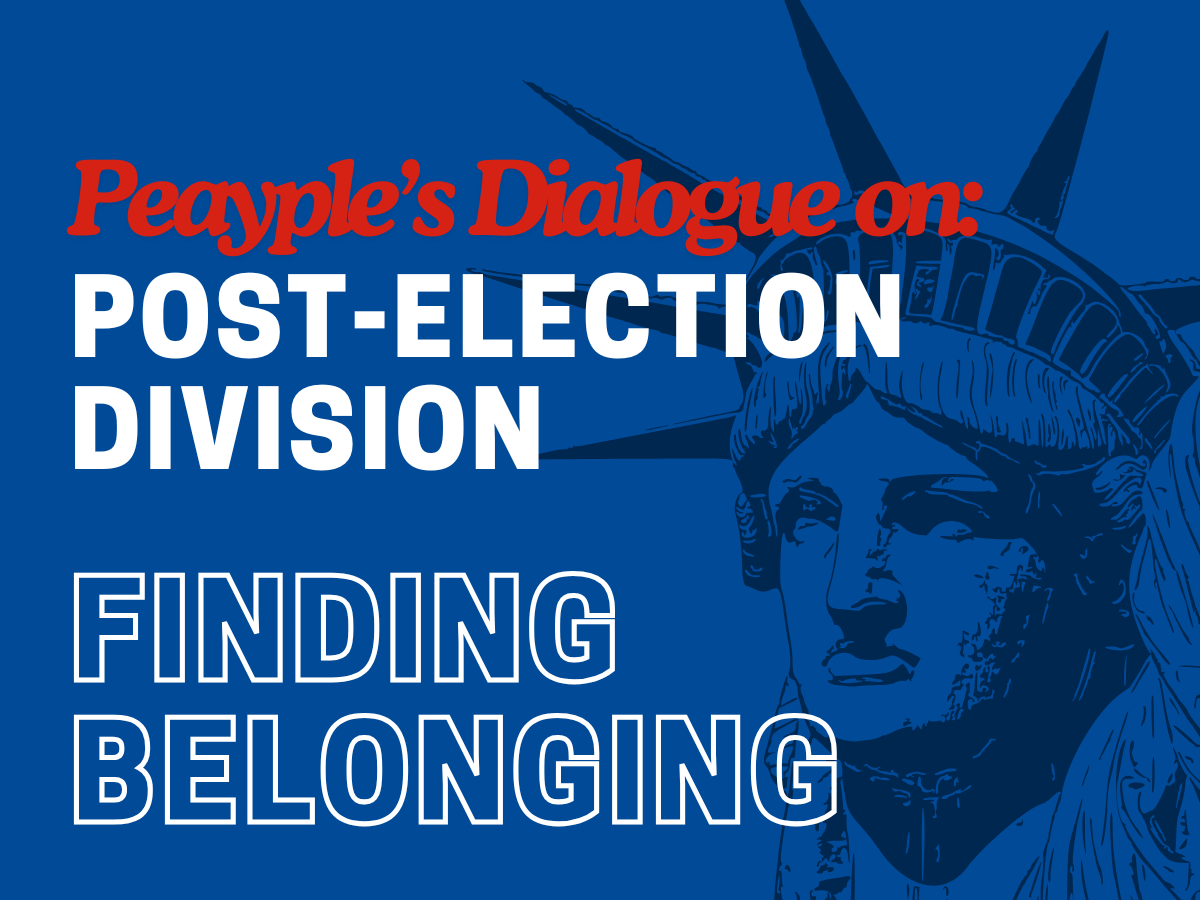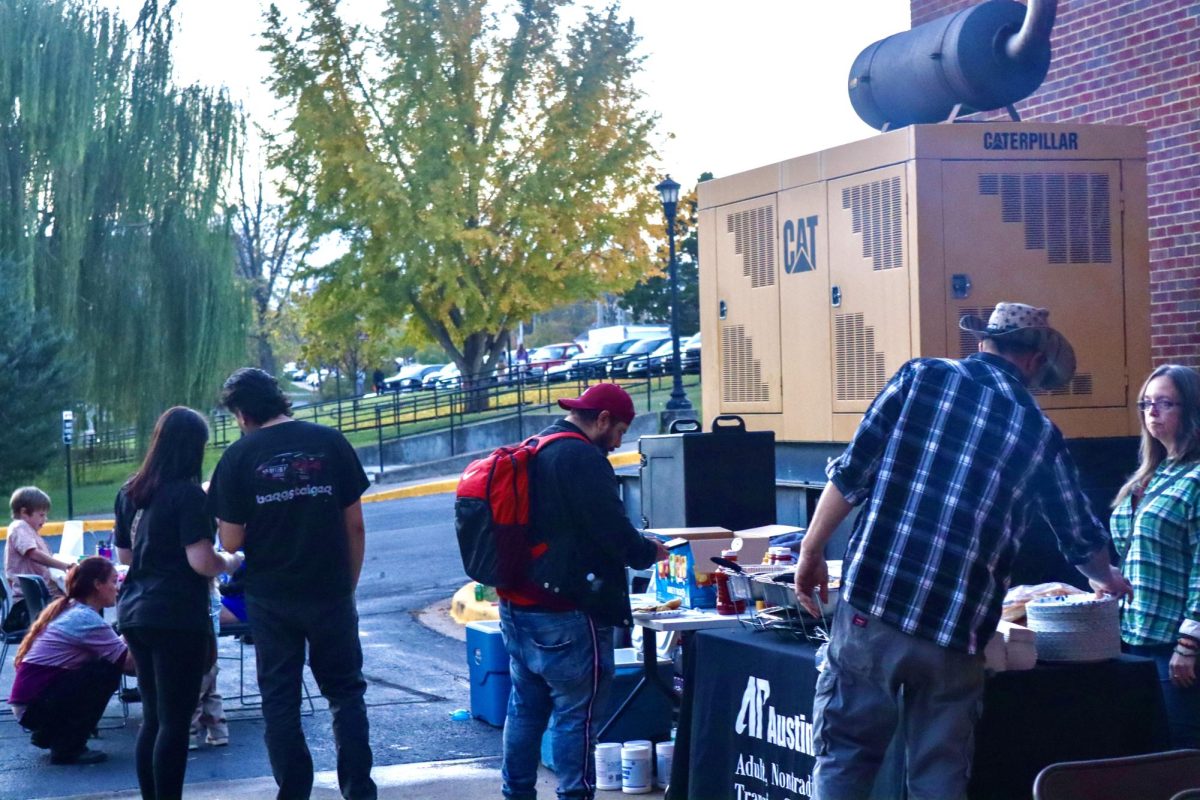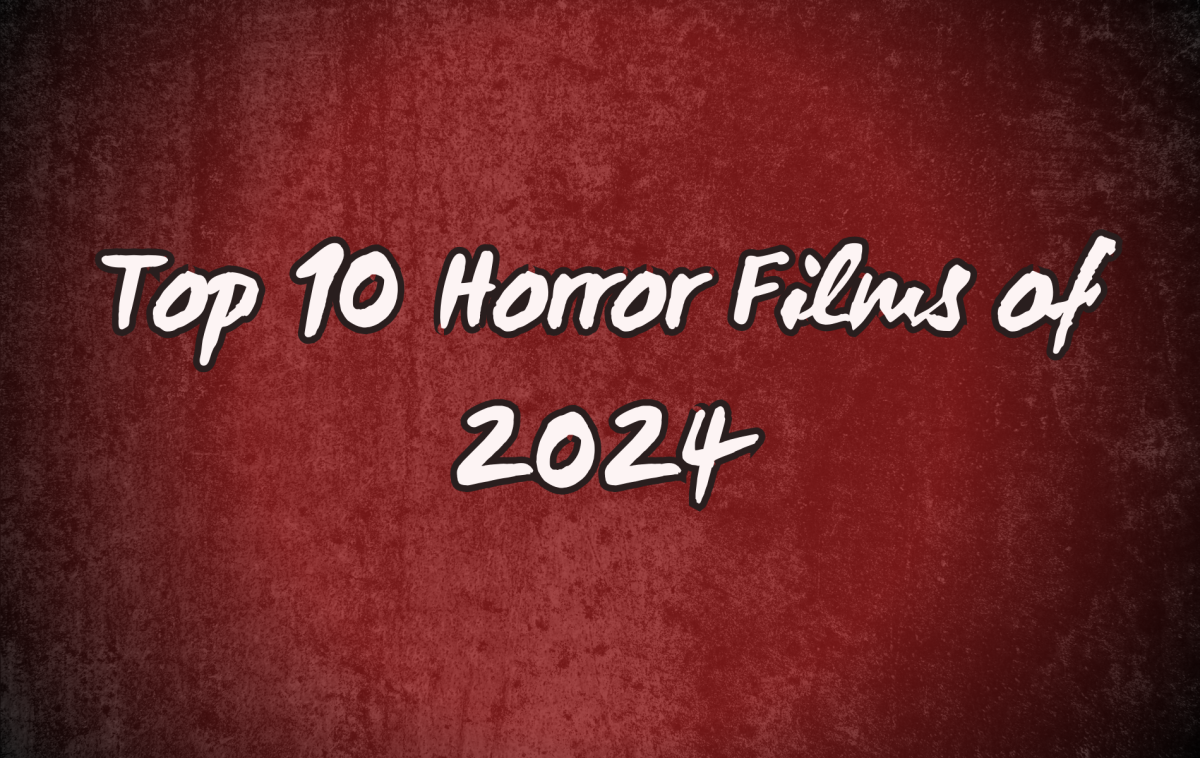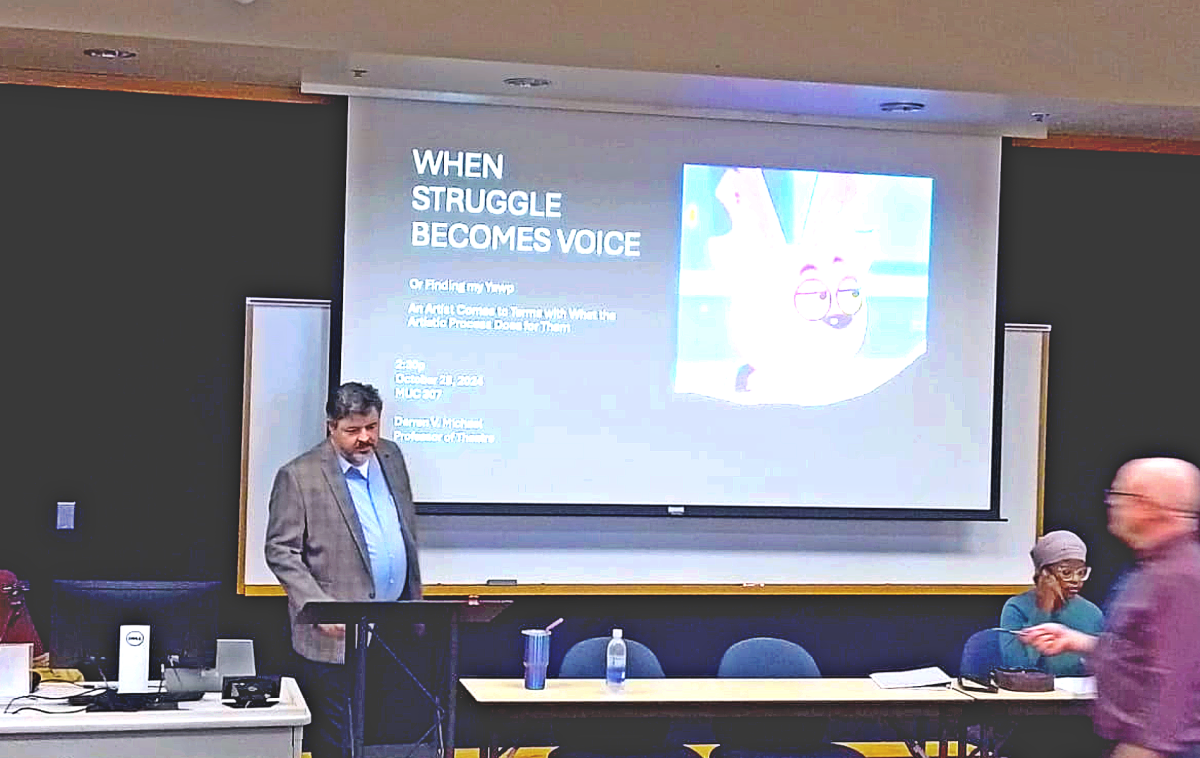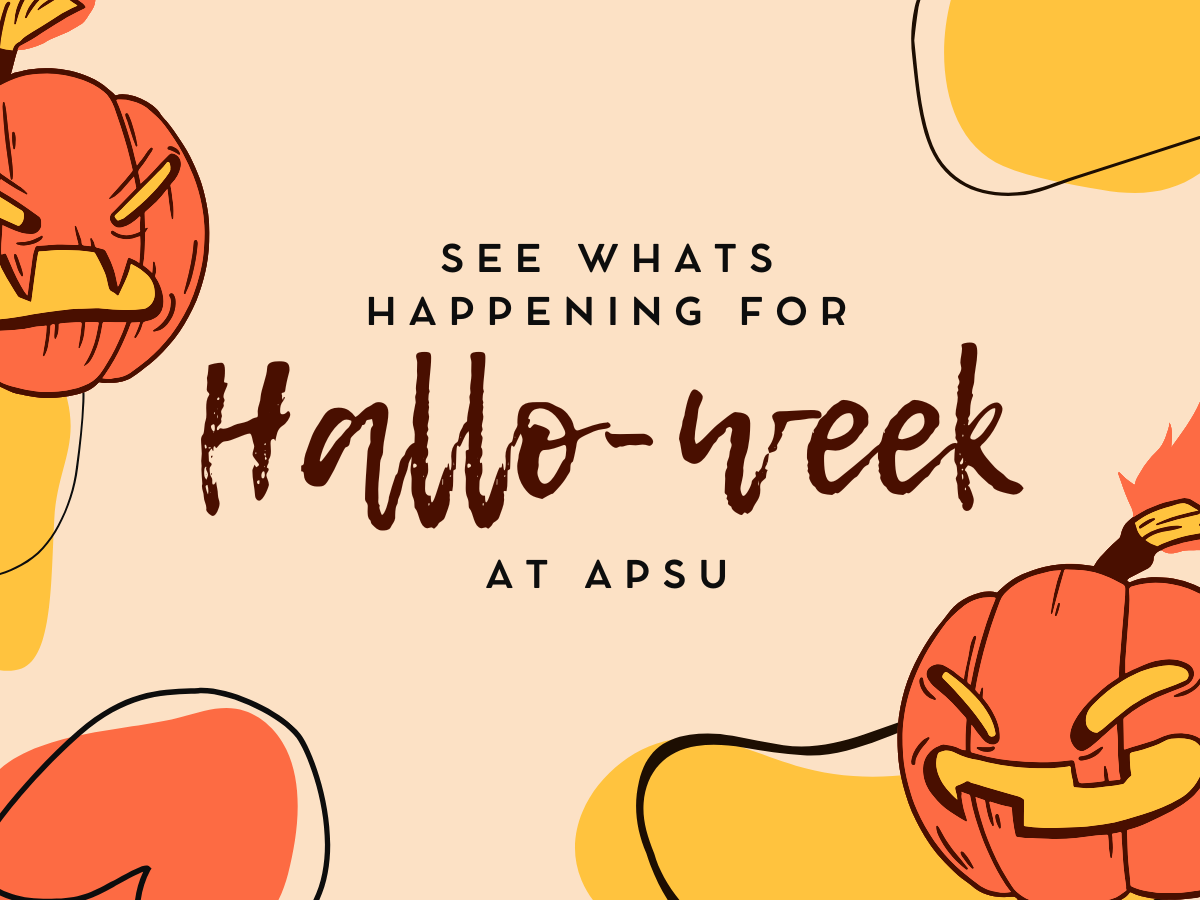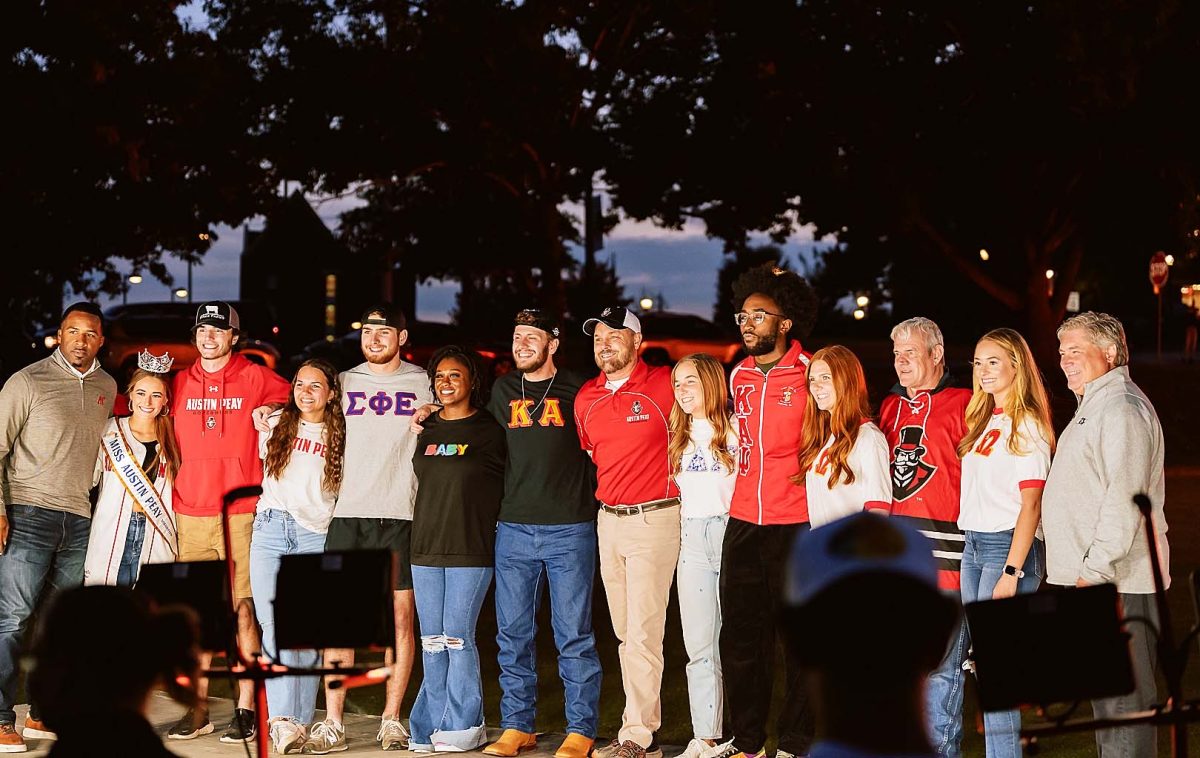Professor at the University of Memphis Beverly Bond discussed what women endured during the 1866 Memphis Massacre in her visit to APSU on Thursday, March 31.
The lecture “Oh I am a Woman, I am a Woman” was sponsored by APSU’s Phi Alpha Theta history fraternity, Pan-Hellenic Council and Student Life and Engagement in honor of the event’s 150th anniversary.
Bond discussed life in the south before the massacre as well as the days leading up to the event.
“My goal was to recognize the victims of the massacre, often the African-Americans involved are referred to as the rioters,” Bond said. “They can call them whatever they want, but it is my goal to emphasize the real violence these people experienced. The things that make the victims.”
The massacre began on May 1, 1866, and lasted for three days. A total of 46 African-Americans were killed and five African-American women were raped.
According to Bond, the woman’s testimonies given days later proved three things,
“African-American women could not claim the same privileges as white women, they were held to standards, and they refused to be bound to those standards,” Bond said.
The aftermath of the massacre, according to Bond, was not much of an improvement but still the faint beginning of reconstruction.
“The massacre opened the U.S. government’s eyes to two things,” Bond said, “the need for more military presence in the south and the African American stance to fight and not back down.”
Even though it has been 150 years since the massacre, an accurate account took some time to come out because white testimonies took precedence over those African-Americans.
Through her project, “Memories of a Massacre: Memphis in 1866,” Bond dedicated her recent years of research to exploring the truth and making it known.
“This is the first time I have gone to a different campus and given a lecture about this,” Bond said. “We are trying to get the story out there in light of the project and reconstruction. I want students to understand that it is about honoring the victims, not refighting the causes.”
Over 200 APSU history students came to hear the lecture. Some had a general idea of the event beforehand and others knew nothing. Not only did the students get to hear about the event in extensive detail, but they got to hear about the hate crimes committed against the victims.
“Most students do not realize the racism and violence that took place in this time period,” freshman psychology major Cassidy Rushing said. “I had never even heard of the Memphis Massacre before today, but it is an important part of America’s history.”
Because of the 150th anniversary of the massacre, the history department invited Bond to speak for Women’s History Month.
APSU associate history professor Minoa Uffelman helped put the event together to give students real exposure to what America was like over 100 years ago.
“It is important for students to understand what life was like after the Civil War,” Uffelman said. “Not many people have an accurate picture of what Americans went through from the late 1800’s until now, we want APSU students to know the true story of America both 100 years ago and today.”


